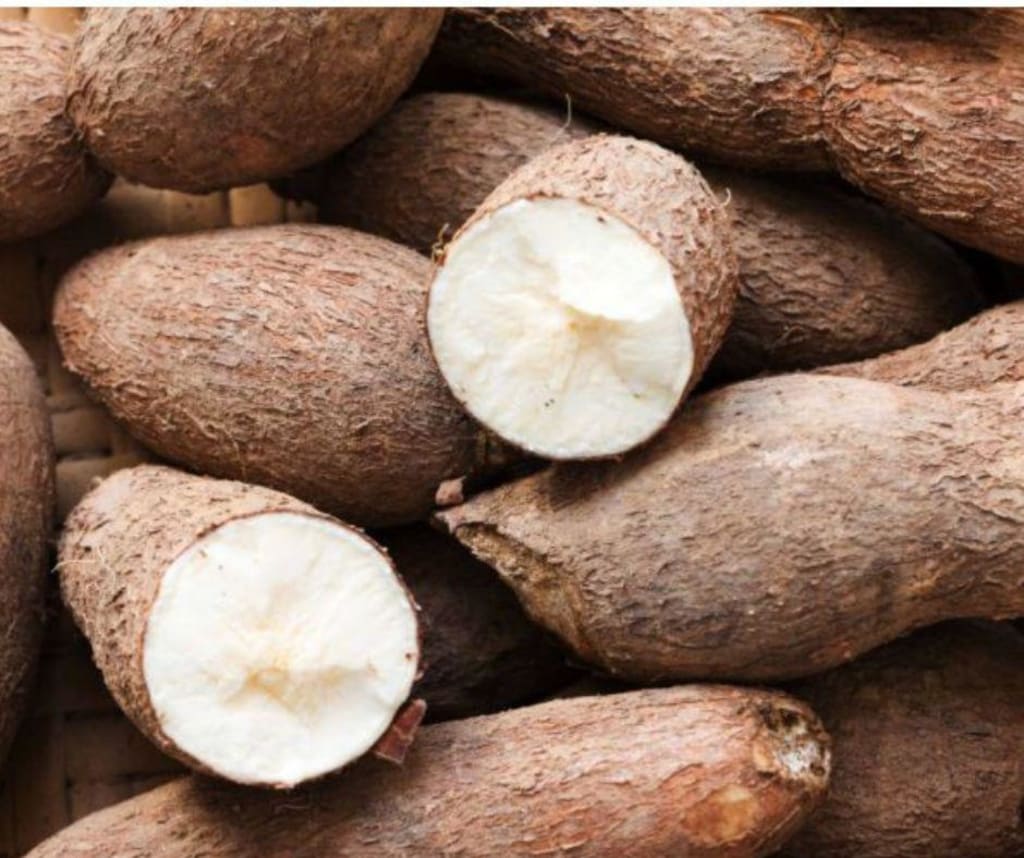
Introduction:
Nigeria, as the world's largest producer of cassava, possesses significant potential to capitalize on this versatile root crop. Cassava is deeply ingrained in Nigerian cuisine, forming essential dishes like Fufu and Gari, and providing a substantial portion of the country's calorie intake. Its resilience to drought and pests, along with its nutritional richness, make cassava a vital resource in preventing famine and ensuring food security. While Nigeria consumes most of its cassava production domestically, there are burgeoning opportunities for global trade, including the export of cassava-based products like biofuel, sweeteners, and starches. However, challenges persist throughout the supply chain, hindering Nigeria's ability to fully harness the economic benefits of cassava.
Efficient Supply Chain as the Key:
For Nigeria to tap into the global cassava market, it must address issues within the supply chain, from farm to factory. One of the pressing concerns is the timely processing of cassava, as the root has a limited shelf life and can rot within 48 hours. Unfortunately, most processing plants are situated far from the farms, resulting in spoilage and significant losses. Nonetheless, entrepreneurs like Yamisi Iranloye, founder of Sultry International, have recognized the need for solutions. Through her processing company, she has established a network of partnerships with farmers and secured major clients like Nestle and Unilever. By ensuring prompt processing, farmers can obtain fair value for their crops and cater to the growing demand for industrial applications.
Cassava's Journey and Potential:
Originating in South America, cassava found its way to Africa through Portuguese colonizers and enslaved Africans returning from Brazil. Its adaptability and ability to thrive in poor soil conditions led to its widespread cultivation across the continent. Today, Nigeria alone produces over 60 million tons of cassava annually. However, inefficient farming practices result in low yields, leaving many cassava farmers earning just one dollar a day. Large-scale farmers often prefer crops like corn, rice, or wheat due to higher profitability, leaving cassava cultivation primarily to those with limited alternatives.
Revolutionizing Cassava Farming:
Yamisi Iranloye's efforts to transform cassava farming have garnered significant attention. By investing in her own processing business and partnering with farmers, she has increased their income and expanded their land cultivation. Through the introduction of stronger cassava varieties and the use of tractors, farmers have experienced a 150% increase in harvesting efficiency. By eliminating middlemen and providing farmers with a predictable income, Yamisi has empowered them to plan and invest more effectively. These improvements have not only enhanced the livelihoods of farmers but also contributed to the economic growth of local communities.
The Processing Journey:
Sultry International's processing facilities play a vital role in ensuring the value chain remains intact. Upon delivery, cassava roots undergo various stages of processing. Initially, workers peel, wash, and grind the roots, separating the peel for animal feed. Subsequently, the crushed cassava undergoes further processing to produce starch, flour, and valuable products like sorbitol, a sweetener used in toothpaste and mouthwash manufacturing. While Sultry International has managed to export sorbitol successfully, exporting flour and starch remains a challenge for Nigeria overall. Despite the demand for these products and their potential economic impact, inadequate infrastructure and limited awareness hinder export capabilities.
Unlocking the Global Potential:
While Nigeria leads in cassava production, it lags behind as an exporter, ranking 59th globally. In contrast, countries like Thailand have capitalized on cassava exports, generating billions of dollars in revenue. Nigeria's opportunity lies in expanding its product range, including ethanol for biofuel, cassava flour as a wheat substitute, and starch for various industrial applications. Government support is crucial in fostering domestic demand, building better infrastructure, and investing in research and development for improved cassava varieties. By increasing exports and harnessing the economic potential of cassava, Nigeria can firmly establish itself as a major player in the global market.
Conclusion:
Nigeria's status as the leading cassava producer provides a unique opportunity to transform the country's economy and improve the lives of its farmers. While cassava serves as a staple food, it also possesses immense potential as a global export commodity. Through innovative approaches, such as Yamisi Iranloye's Sultry International, Nigeria is making strides in revolutionizing cassava farming and processing. However, to fully unlock the economic benefits, Nigeria must address infrastructure challenges, invest in research and development, and raise awareness of the diverse uses and global demand for cassava-based products. By doing so, Nigeria can secure its position as a key player in the global cassava market, driving economic growth and prosperity for its people.





Comments
There are no comments for this story
Be the first to respond and start the conversation.